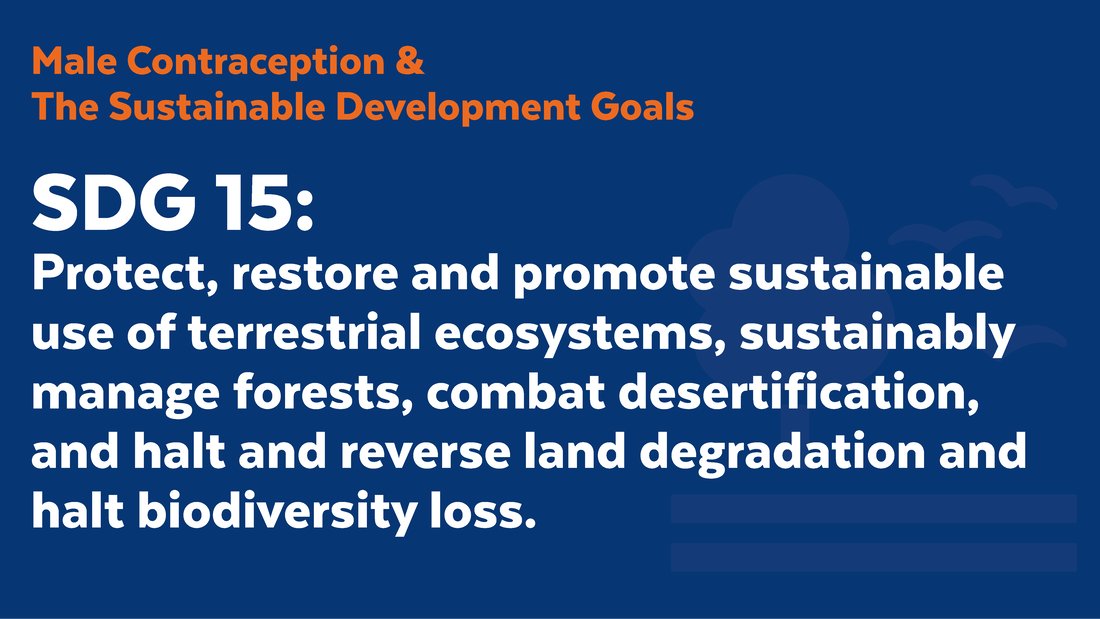|
Humanity is impacting environmental degradation on a global scale. The Intergovernmental Panel on Climate Change’s sixth assessment report indicates that “It is indisputable that human activities are causing climate change, making extreme climate events, including heat waves, heavy rainfall, and droughts, more frequent and severe. Given that the global population is increasing at an exponential rate, demand and use of natural resources will also continue to increase. Conservation efforts around the world are being implemented to protect terrestrial ecosystems and key biodiversity areas. We have increased the amount of protected space worldwide in terrestrial, freshwater, and mountain areas. However, expanding the coverage of protected areas in the environment continues to be a challenge in the face of urbanization associated with population growth. Indeed, Seto, et al. found that the “conversion of Earth's land surface to urban uses is one of the most irreversible human impacts on the global biosphere. It drives the loss of farmland, affects local climate, fragments habitats, and threatens biodiversity”. In addition to empowering the reproductive community and their families, male contraception can aid in ensuring that there are fewer unintended pregnancies, leading to slowed population growth, and alleviating the environmental stress on biodiversity. That is why it’s so important to invest in new male contraceptives. Sources/References:
- Australia Academy of Science’s “Population and environment: a global challenge” - Center for Biological Diversity’s “12 Ways to Live More Sustainably” - Global Leadership English Challenge’s “SDG 15: Life On Land” - GreenFacts’ “Biodiversity & Human Well-being” - Intergovernmental Panel on Climate Change’s “Sixth Assessment Report” - Seto KC, Fragkias M, Güneralp B, Reilly MK (2011) A Meta-Analysis of Global Urban Land Expansion. PLoS ONE 6(8): e23777. Comments are closed.
|
Categories
All
Archives
June 2024
|
|
|
Donate to Male Contraceptive InitiativeYour generous donation makes a difference!
|
© Male Contraceptive Initiative. All rights reserved.


 RSS Feed
RSS Feed
